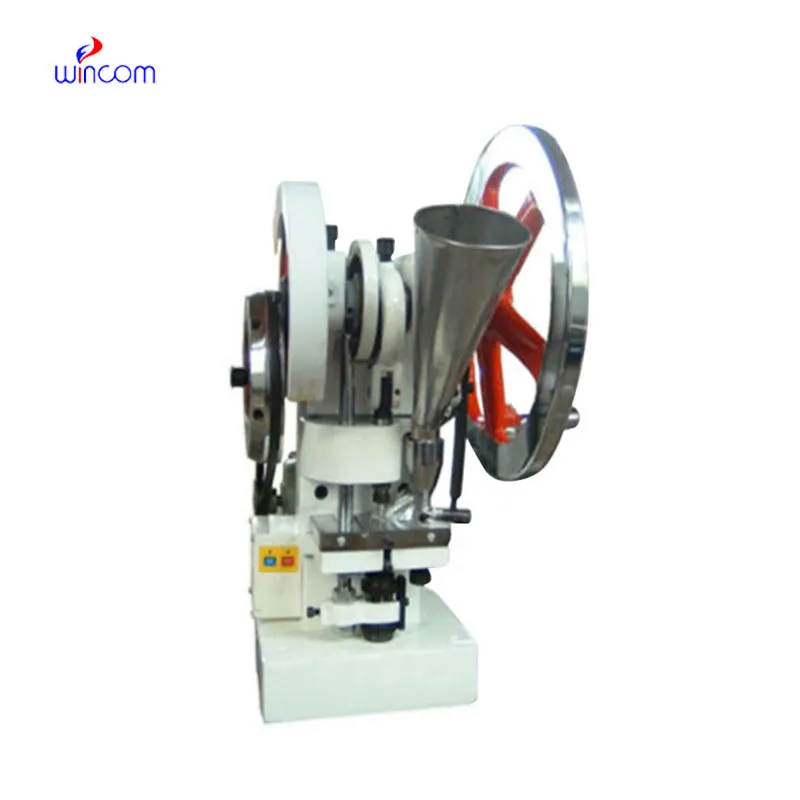
The older mri machines features a large cylindrical magnet where a patient table opens into its interior to offer a stable and comfortable scanning experience. Gradient coils of high technology in the older mri machines tilt magnetic fields to create images from different angles. Its digital control allows it to be accurate, uniform, and scan quickly for faster diagnosis.

In musculoskeletal medicine, the older mri machines is employed to diagnose ligament ruptures, cartilage lesions, and bone marrow disease. It provides high-contrast images enabling clinicians to pre-plan treatment of degenerative disease and sport injury. The older mri machines provides accurate visualization of muscles, tendons, and joint structures without invasive procedures.

The older mri machines will expand its role in neuroscience and molecular imaging by introducing new contrast mechanisms and biophysical modeling. This will make visualization of cellular-level activity and brain connectivity achievable. The older mri machines will provide unparalleled insight into complex physiological processes.

To ensure the older mri machines are in proper working condition, staff must perform daily visual examination and cleanliness tests. Scheduled engineering inspections must be carried out with coil testing and magnetic field alignment. The older mri machines should always be operated under controlled conditions to prevent equipment drift and provide accurate imaging.
The older mri machines is the most sophisticated diagnostic imaging technology, forming high-definition images with precise cross-sections of the body. It enables physicians to scan deep tissue structures without jeopardizing it. The older mri machines is extensively used in neurology, cardiology, and musculoskeletal medicine.
Q: What is an MRI machine used for? A: An MRI machine is used to create detailed images of the body’s internal structures, helping doctors diagnose brain, spine, joint, and soft tissue conditions without using radiation. Q: How does an MRI machine work? A: The MRI machine uses strong magnetic fields and radio waves to align hydrogen atoms in the body and detect signals that form high-resolution images of organs and tissues. Q: Is an MRI scan safe for all patients? A: MRI scans are generally safe, but patients with metal implants, pacemakers, or certain medical devices must be evaluated before scanning due to magnetic interference. Q: How long does a typical MRI scan take? A: Most MRI scans take between 20 to 60 minutes, depending on the area being examined and the specific diagnostic protocol. Q: What makes MRI different from X-ray or CT imaging? A: Unlike X-ray or CT, an MRI machine uses magnetic resonance instead of radiation, making it particularly effective for imaging soft tissues and the nervous system.
The water bath performs consistently and maintains a stable temperature even during long experiments. It’s reliable and easy to operate.
We’ve used this centrifuge for several months now, and it has performed consistently well. The speed control and balance are excellent.
To protect the privacy of our buyers, only public service email domains like Gmail, Yahoo, and MSN will be displayed. Additionally, only a limited portion of the inquiry content will be shown.
We’re interested in your delivery bed for our maternity department. Please send detailed specifica...
Could you share the specifications and price for your hospital bed models? We’re looking for adjus...
E-mail: [email protected]
Tel: +86-731-84176622
+86-731-84136655
Address: Rm.1507,Xinsancheng Plaza. No.58, Renmin Road(E),Changsha,Hunan,China